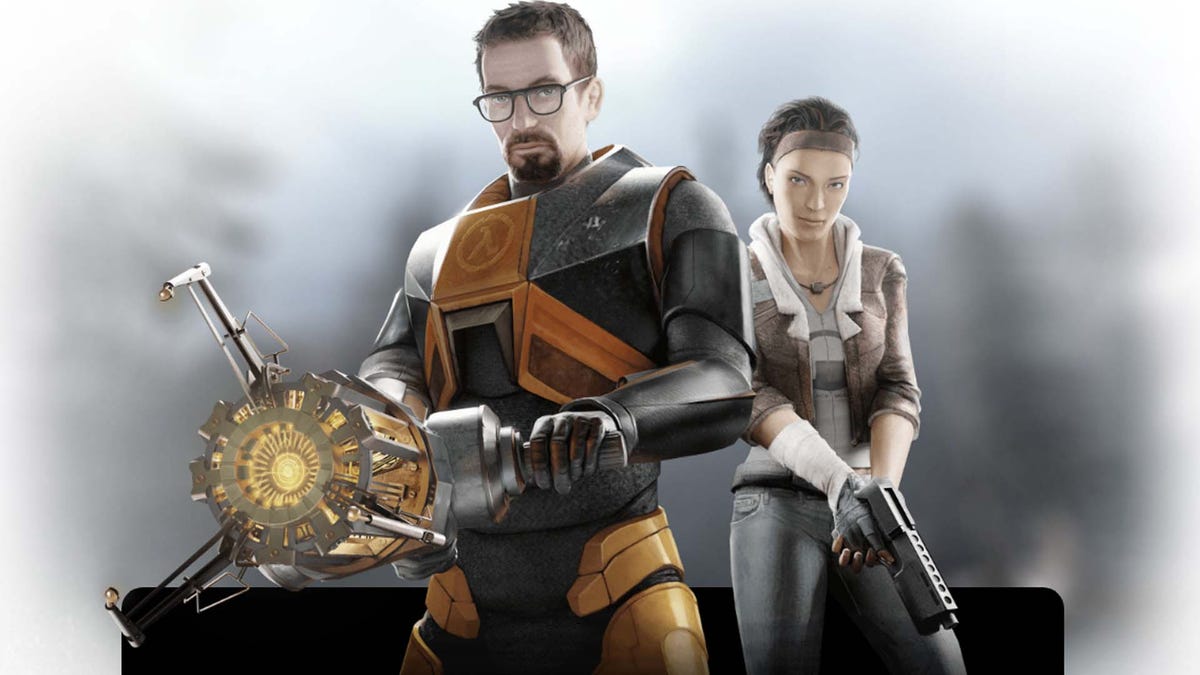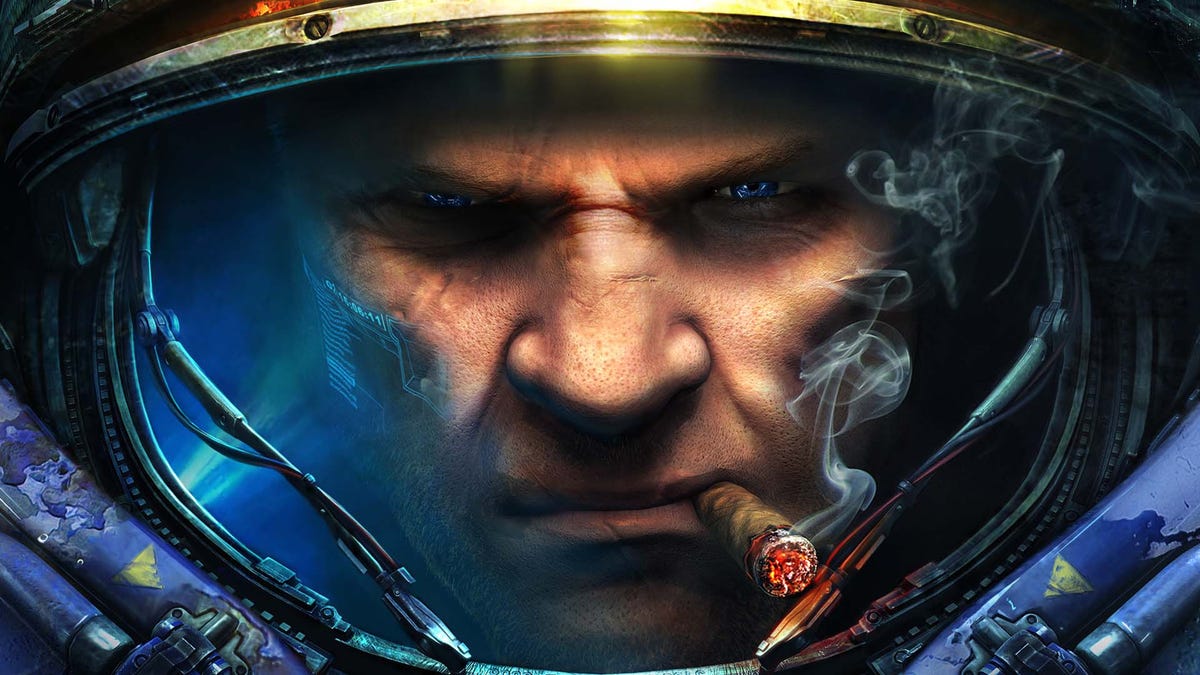One of the biggest trends in the world of video games in recent years has undoubtedly been the trend towards action RPGs. I blame FromSoftware for this growing movement, where it seems like every title has to conform to the same style of brutal, merciless combat and poor narrative structure and editing. Yes, you can probably tell that I’m not a huge fan of these types of video games, so you’re probably wondering why I decided to focus my attention on Enotria: The Last Song by Jyamma Games.
Simply because this game really stands out from the rest of the games we’ve seen in the genre. It’s not based in a dark and grim world full of abominations and nightmares. It’s a project that delves into the fantastical world of Italian folklore and myths, and yes, that means we get the chance to tell a story that takes us through stunning, sun-drenched vistas of the Mediterranean to face enemies and bosses that will make you want to throw your controller out the window after getting killed for the umpteenth time. It’s an ARPG, and that means it has the vices that plague almost every title in this subgenre (not that FromSoftware fans would admit that), it’s AA, which basically says there’s a bit of nonsense, as you’d expect from a project of this ambition and scale, but it also feels pretty unique and fresh, much like Spiders’ Steelrising did when it debuted last year.
So let’s get to the plot. In Enotria: The Last Song, players take on the role of the masked man, tasked with roaming the world and killing the various powerful authors who have used their immense magical abilities to conquer and imprison the entire land in a game that will last forever, known as Canovaccio. What does this mean for anyone who doesn’t speak ARPG? You take on the role of a nameless character and move through a sprawling, mostly linear area, battling regular enemies and resting at checkpoints reminiscent of campfires, all on a journey that will have you facing deadly bosses that will beat you down. If you’ve played Dark Souls, Bloodborne, Steelrising, Lies of P, Remnant, Star Wars Jedi, Nioh, Lords of the Fallen, or just about any other Souls-like title, you’ll be instantly familiar with Enotria and what it brings to the table.
Advertising:
As you progress through the story, you’ll accumulate a currency, equivalent to souls in FromSoft games, that you can use to upgrade your character’s main attributes, be it health, attack power, elemental power, resistance, or instead your acquired skins (which are effectively ways to change classes) or weapons. When you die, any coins you still have on you will be left on your shattered corpse, meaning you’ll have to return to it and acquire them again before you’re killed again and lose them forever. You’ll travel through a world that could resemble a wealthy Italian seaside town, or instead a more twisted and overgrown chapel, to name just two examples, and you’ll engage in fights that mostly consist of perfectly timed and incredibly close parries and dodges until you see an opportunity to land a counter-strike before repeating the process over and over again. You’ll also pick up items and consumables with absurd names that the game never really takes the time to explain. So yes, Enotria: The Last Song faces the exact same problems and frustrations that often make me avoid the ARPG genre and Soulslikes as a whole.
But at the same time, this game has some moments that really stand out. The level design is absolutely superb, and the way Jyamma has used beams of light and architectural structures ensures that you frequently stop to look at the environment. The enemy design is varied and keeps you constantly on your toes, and most of the common threats actually seem beatable and surmountable. The loading and customization system is quite intuitive and easy to understand; sure, it’s stiff and it feels like it lacks a certain amount of flexibility, but it doesn’t make me want to bang my head against the wall trying to figure out its idiosyncrasies. Oh, and there’s a story at the heart of this game that keeps you entertained and engrossed. In traditional Souls fashion, it often gets lost and sometimes forgotten, but if you give it time to shine and shine, it often does so in abundance.
Advertising:
Jyamma Games certainly deserves praise for their very ambitious effort with this game. There are great, impressive moments, and they’re what keep me wanting to return to a genre I’ve struggled to love. There are three uniquely themed regions to explore, hundreds of enemies to fight, dozens of main bosses and a selection of brutal optional bosses, there are smaller dungeons hidden in the nooks and crannies of the main path, and it all means that what seems like a pretty thrilling experience is actually one that will keep you entertained for dozens and dozens of hours, so you have to give credit where credit is due.
But that doesn’t change the fact that there are already established Souls-like projects that we can take as a benchmark and comparison, and starting with that is where Enotria: The Last Song starts to falter. The variety of weapons and combat lacks complexity, the world, although beautiful to look at, lacks the same level of wonder and secrecy that we find in other alternatives, and the bosses don’t leave you speechless in the same way that we’ve seen in other places. And yes, there’s the jerk. During a heated battle you get stuck in parts of the environment, the camera practically warps when you push it against the level border, and the poor feedback never tells you that the random enemy you encounter at the end of a hallway is sooooo stronger than you, something you don’t realize until it hits you once and sends you to an early grave. There are a few things that Enotria: The Last Song does very, very well, but also a lot that it doesn’t quite nail, and for those reasons I find this game a bit of a mixed bag.
If you’re looking for a challenging Soulslike that swaps out the traditional dark and twisted environment design for something brighter and sunnier, then Enotria: The Last Song is definitely something worth checking out. However, if you’re looking for more exciting, complex gameplay combined with fewer frustrating features, then there are better alternatives for more serious gamers.

![[Review] Enotria: The Last Song](https://www.gamereactor.es/media/05/enotria_4350543b.jpg)














